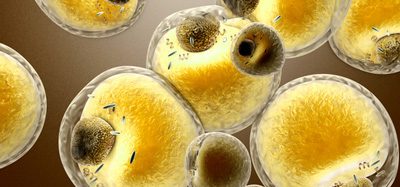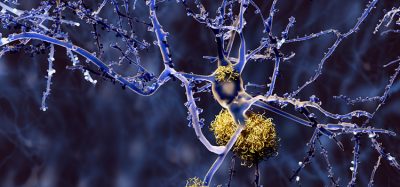David F Fischer on target screening
Posted: 10 July 2017 | Drug Target Review | No comments yet
Drug Target Review editor Steve Bremer asks David F Fischer for his views on target discovery and validation in drug discovery. David F Fischer, PhD, is Executive Director Biology at Charles River…
What impact has the rise of CRISPR/Cas9 had on the field of target validation?
CRISPR/Cas9 clearly provides an orthogonal method to very quickly validate novel targets next to the well-established RNAi technology. CRISPR/Cas9 also provides a quicker method to validate novel drug targets in vivo compared to homologous recombination.
How important is big data likely to be in the field of target discovery?
Vast amounts of ‘big data’ are genomic/phenotypic data from human subjects, including controls, patients and patients on therapies. In terms of translatability, the underlying scientific value is considered much higher compared to data generated using smaller studies and studies not using human subjects.
Does phenotypic or target-based drug discovery offer the richest vein of opportunity?
Both clearly have a place in drug discovery, and many of the most successful drugs have originally been identified using phenotypic screening. Phenotypic drug discovery also allows for polypharmacology if that is the optimal mechanism of action. Target-based drug discovery will always have a significant role in the development of new medicines, especially when mining big data for novel starting points.
Which drug discovery strategies are most likely to obtain grant funding?
It varies between funding bodies, disease indications, diseases where there is unmet need, etc.
What are the key attributes of a successful screening set?
This also depends on whether one screens a phenotypic assay, when diversity is key, or well-researched target classes, where chemogenomically focused screening libraries offer an advantage.
How do you think drug discovery strategies are likely to change in the future?
We will see more complex phenotypic assays using patient-derived complex organoid-type models play a more important role, first in predictive toxicology, and later also in discovery.
Related topics
CRISPR, Drug Targets
Related organisations
Charles River Laboratories
Related people
Dr David Fischer








